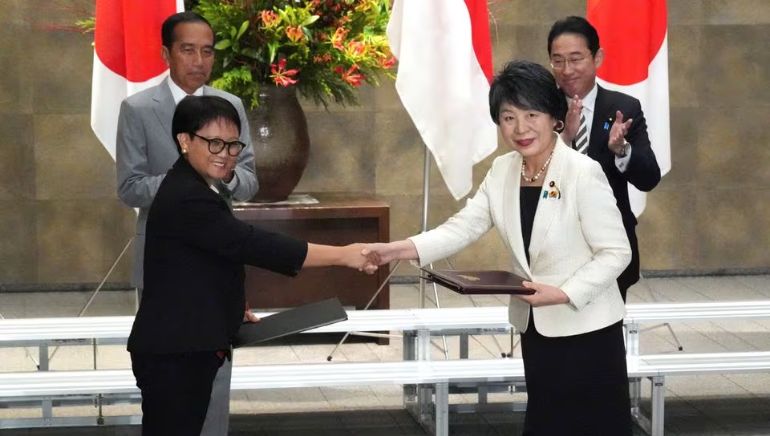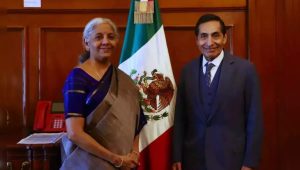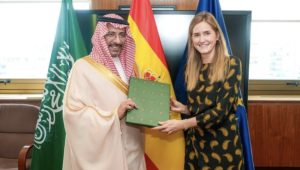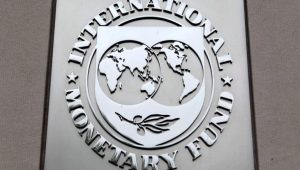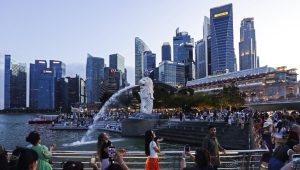Indonesia and Japan have successfully concluded negotiations to enhance their bilateral economic agreements, marking a crucial step towards improved trade relations. The announcement was made by Indonesia’s Foreign Minister, Retno Marsudi, on December 16, following discussions between Indonesian President Joko Widodo and Japanese Prime Minister Fumio Kishida.
As part of the agreement, Japan has committed to removing trade barriers, granting greater access for Indonesian products. This includes the elimination of tariffs on processed fishery items, a move that is expected to boost Indonesia’s export of such products. The banking sector is also set to benefit from improved relations between the two nations.
The negotiations aimed at amending the Indonesia-Japan Economic Partnership Agreement (IJEPA), initially signed in 2007, are nearing completion. Both countries are optimistic about implementing the amended agreement by the first quarter of 2024. However, the formal signing and ratification by their respective parliaments, following legal checks, are yet to take place.
During the meeting, President Joko Widodo emphasized the strategic importance of Indonesia and Japan’s collaboration on critical minerals. This collaboration aligns with Indonesia’s ambition to position itself as a key player in the global electric vehicle (EV) battery supply chain. Jakarta had specifically sought the removal of tariffs on its canned tuna exports, further emphasizing the mutual commitment to fostering economic growth and cooperation.
The developments unfold against the backdrop of a Tokyo summit commemorating 50 years of diplomatic ties between Japan and the Association of Southeast Asian Nations (ASEAN).





